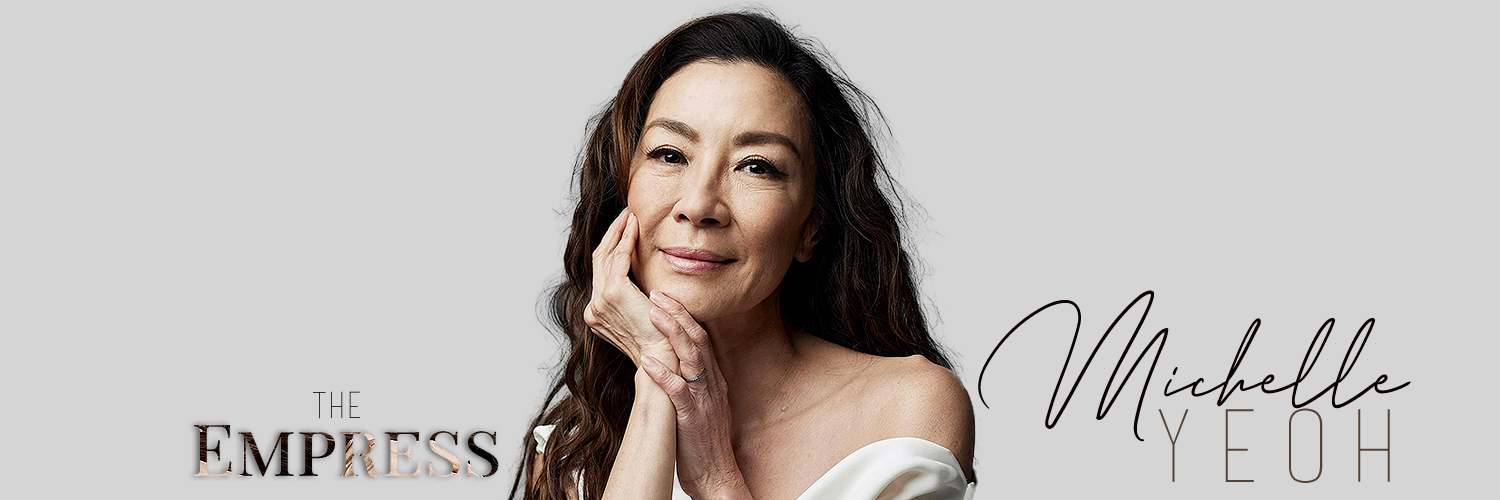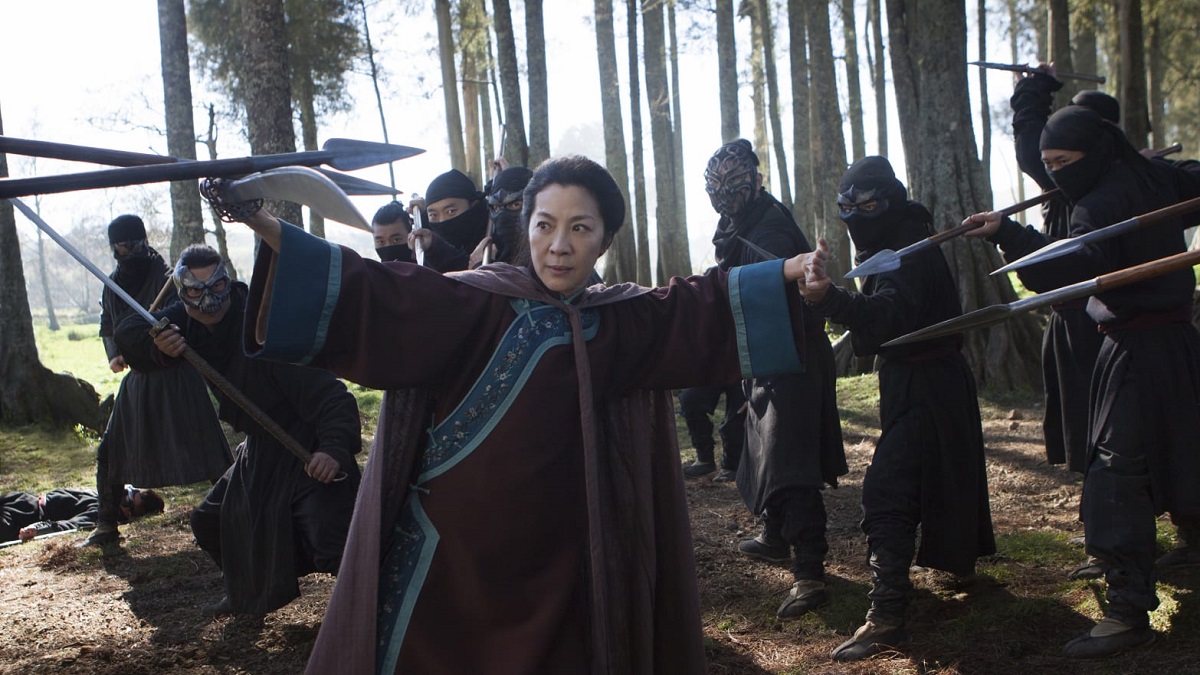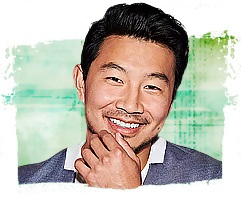
Michelle Yeoh on ‘Crouching Tiger 2,’ Girl Power
Jen Yamato
February 24, 2016

Sixteen years after introducing Western audiences to the wire-flying martial arts operatics of Chinese wuxia, Malaysian-born superstar Michelle Yeoh is the sole warrior making her way back to the screen for more Crouching Tiger, Hidden Dragon.
A lot’s changed in the decade and a half since Ang Lee’s Mandarin language co-production scored an Oscar and $213 million at the global box office, becoming the biggest foreign language crossover hit of all-time.
When the long-awaited sequel Crouching Tiger, Hidden Dragon: Sword of Destiny debuts this Friday on Netflix, it arrives at a peculiar period in Hollywood, when streaming is disrupting the studios’ traditional distribution infrastructure and studios are scrambling to harness the potential of China’s massive, content-hungry consumers.
Crouching Tiger, Hidden Dragon 2 still tells a very Chinese tale. It just tells it in English, the better to sell it to U.S. audiences.
“There was always talk [of a sequel], right from the beginning,” recalled Yeoh, speaking with The Daily Beast in Netflix’s Beverly Hills HQ. “You know when a movie becomes very successful, it’s automatic that people will start thinking a sequel, a prequel, a quel-quel,” she laughed, “and suddenly, it’s 16 years later.”
Yeoh reprises her BAFTA-nominated role of Yu Shu Lien, the Wudang master warrior whom fate again calls upon to protect a powerful sword known as the Green Destiny. Twenty years have passed since she lost her unrequited love, Li Mu Bai, and although co-stars Chow Yun Fat and Zhang Ziyi are absent this time around, Yeoh is now joined by Donnie Yen—arguably the biggest martial arts star working today—who plays a long-lost lover only mentioned in the first film.
“I always knew that Ziyi and Chow would not be there,” Yeoh said. “The biggest thing people would ask is, ‘How could you do it without Ang Lee?’ But I know Ang! He would never do the same thing twice, and why would he?”
“If you look at his repertoire of films you never know from one subject to the next subject where he’s going to take you, and that’s the beauty and the glory of Ang,” she continued. “So I knew there was no way that if ever we did Crouching Tiger 2 that Ang would be the director. Maybe he would produce, or have a little part to play, but that’s not really him.”
Supermogul Harvey Weinstein, who produced the sequel and will distribute it theatrically through his Weinstein Company, enticed her to return to the Crouching Tiger world two decades later. So did the prospect of reteaming with legendary martial arts choreographer and director Yuen Woo-ping, who had crafted the first film’s sensational action and fight scenes.
“I was very curious to see how Harvey would make it exciting,” Yeoh said, revving up an all-too brief Weinstein impersonation. “He said to me, [growling] ‘I can’t make this movie without you!’ Then when Master Yuen Woo-ping came on… I’ve always been the biggest fan of his work and I truly believe he is the grandmaster of the wuxia world.”
The new Crouching Tiger also reflects a post-millennial world that is far more globalized than it was back in 2000. China is still a major target market—the film opened there before releasing stateside, and has already made $20.8 million in its first weekend—but the English-language sequel stars an international cast that hails from all over the world, reflecting a diverse pan-Asian representation from Glee’s Harry Shum, Jr. to Jason Scott Lee to Aussie newcomer Natasha Liu Bordizzo. “It’s a little United Nations, behind the camera and in front of the camera,” she beamed.
Yeoh had carved out a career as a Hong Kong action star working with the likes of Sammo Hung and Jackie Chan before taking transitional stabs at Hollywood in the late ‘90s, first as an ass-kicking Bond girl in Tomorrow Never Dies. The enormous success of Crouching Tiger made her an international star. She produced her first movie two years later and made a run of Western films like Memoirs of a Geisha, Sunshine, Kung Fu Panda 2, and the third installment of The Mummy franchise.
“As a producer, what you want to do is make the next hit. But you also want to lead the audience into wanting to watch different movies,” she mused. “You have to vary your content. There is no guaranteed formula. And that’s one of the interesting things about filmmaking. You could put $115 million in and it doesn’t guarantee success.”
Making a Chinese historical epic for an international audience these days requires a careful balance of interests. “You have to have integrity. You have to protect certain cultural [elements] otherwise it’s just bastardized, and you don’t want that. But it depends on the kind of film that you’re making because there will be the much more artistic films and there will be the ones that are just complete comedy, where you have no responsibility but to make people go stupid from laughing.”
Yeoh considered reports from last year that the Chinese government’s State Administration of Press, Publication, Radio, Film, and Television (SAPPRFT) had passed on a bill of censorship instructing the filmmakers to tone down the gore and violence and diminishing an element of anti-Qing dynasty sentiment in the film.
“I think when you go into any country they have their own censorship requirements,” she said. “And if you want to play in somebody’s playground, you have to play by their rules. But at least they’re very clear about telling you, ‘If you’re going to film in my country, you will have to respect certain boundaries’—and I think that’s very fair.”
“If you [say] I don’t like your ideas, then you will go film somewhere else,” Yeoh continued. “Then you will just not be able to have the privilege of going into that market.”
Crouching Tiger 2 needn’t worry about being read as overly political. It opts instead for broad stroke themes familiar to the genre: honor, loyalty, honoring the past while protecting the future.
“In the first one you met only two warriors, and it was more about unrequited love,” said Yeoh. “It was about love, really. In this one, Master Yuen Woo-Ping, who is the grandmaster of the genre, shows you the depths of what the martial arts world is about. People are laying down their lives for a code of honor, for loyalty, for a promise. And you’re thinking, what are these people thinking? It’s not for money or fame or glory.”
Yeoh giggles at the mention of her 1985 film Yes, Madam, in which she played a cop alongside American action heroine Cynthia Rothrock. “Oh my god, that was my first action-kick-ass film! That was thirty years ago, when I first started in Hong Kong,” she marveled. There was no thrill quite like making that first action pic, she remembered. Directed by Corey Yuen, it earned her a Best New Performer nomination at the Hong Kong Film Awards and spawned several sequels. It was also the start of the previously untrained Yeoh’s reputation for performing her own stunts.
“I can’t even begin to explain to you… only when you’re doing that and you’re on set kicking ass and beating down like five guys…”









